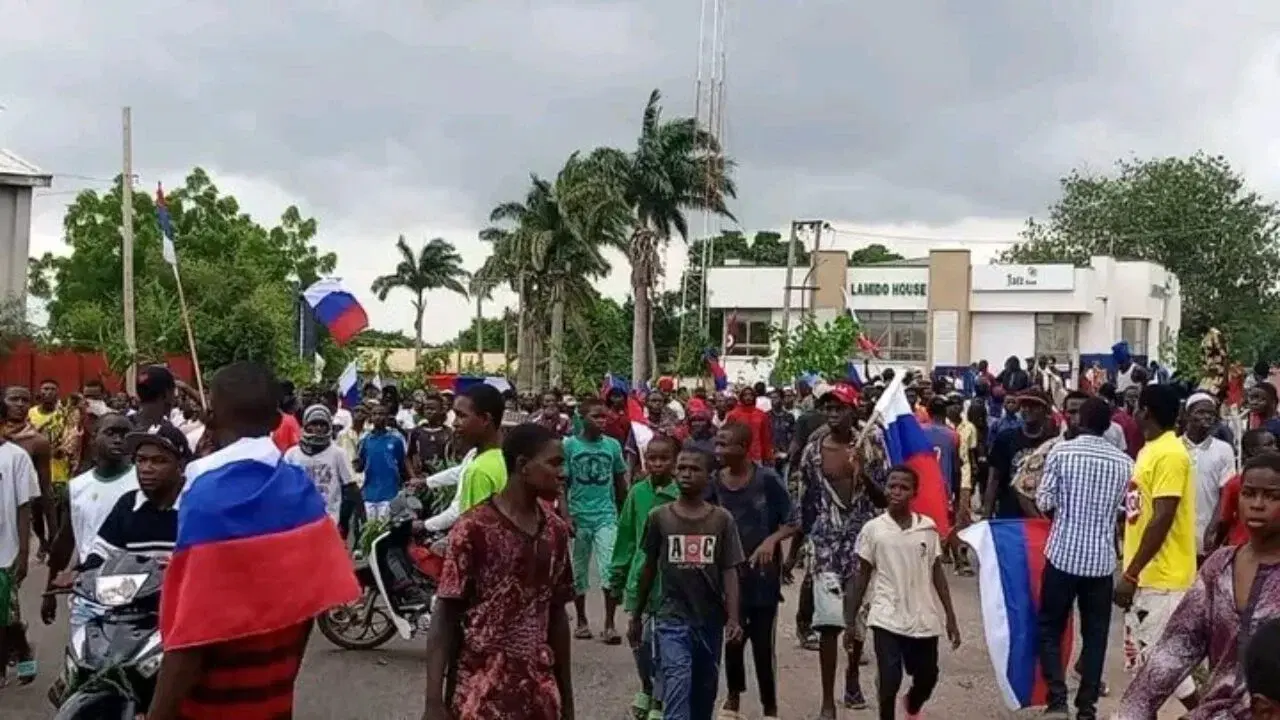The ongoing nationwide protests against economic hardship have spiraled into severe unrest in Kaduna and Zaria, prompting the state government to impose a dusk-to-dawn curfew. The demonstrations, which began as peaceful calls for economic relief, have led to substantial economic damage and civil unrest across several states.
Economic Damage Soars: Initial reports from the Association of Small Business Owners of Nigeria (ASBON) and the Kano Chamber of Commerce and Industry (KACCIMA) estimate that the protests have resulted in over N700 billion in economic losses within the first five days. Lagos alone accounted for N600 billion in losses, while Kano suffered over N100 billion in damages.
Violent Turn in Kaduna: The protests in Kaduna have escalated into violence as criminal elements hijacked the demonstrations, leading to widespread looting and vandalism. Security forces have struggled to contain the chaos, and military intervention was required to restore some semblance of order.
Protesters Clash with Authorities: In response to the violence, the Kaduna State government has implemented a curfew. Despite this, clashes between protesters and security forces continue, with hoodlums overpowering police and vandalizing property. The situation in Zaria remains tense but under control after intervention by security personnel.
Russian Flag Controversy: The appearance of Russian flags among protesters has sparked allegations of foreign involvement, though the Russian Embassy has denied any connection. Protesters in Zamfara and other regions are reportedly using the flags to attract international attention to their cause.
Federal and State Responses: President Bola Tinubu’s recent address to the nation has been criticized for failing to meet the protesters’ demands, which include action on food inflation, hunger, and fuel subsidies. The government’s response has been deemed insufficient, and unrest continues in major cities like Lagos, Abuja, and Benin.
Security and Arrests: The Nigerian Police have arrested several individuals for distributing Russian flags and engaging in what they term “treasonable acts.” The police emphasize that the arrests are targeted at criminal elements rather than peaceful protesters.
Business Impact: The Abuja Chamber of Commerce and Industry reports significant financial losses due to the protests, with many businesses shut down and infrastructure damaged. Recovery from these setbacks is expected to be challenging.
Federal Offices Affected: Government offices in Abuja remain largely deserted as protests persist. The disruptions have had a notable impact on daily life and economic activities in the Federal Capital Territory.
As the situation continues to develop, the Nigerian government faces increasing pressure to address the underlying issues driving the protests and to restore stability across the affected regions.
